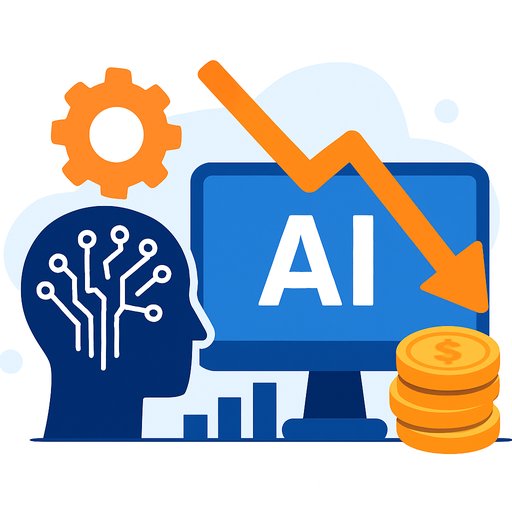From Cleaning Floors to Driving Portfolio Value: How AI Will Disrupt Facility Management
Facility management (FM) has long been stuck in a cycle of task-based contracts focused on manpower and checklists. Despite the clear benefits of shifting to performance-linked models, the industry struggles with one major challenge: measuring outcomes fairly and consistently.
What defines an “urgent” issue varies widely across sectors. Downtime thresholds differ, and customer satisfaction remains difficult to quantify. This inconsistency creates hesitation among building owners, who worry that outcome-based contracts may not be measured equitably. On the other hand, FM operators face fragmented data streams that make it tough to extract clear, actionable insights for asset owners.
How AI Changes the Game
Artificial Intelligence offers a practical solution by generating data-driven insights that help building owners make evidence-based decisions. Instead of relying on subjective measures, AI analyzes real-time data from smart buildings to track performance, predict maintenance needs, and optimize resource allocation.
This shift enables a move from reactive, task-focused agreements toward contracts tied to actual building performance and value creation. Owners can better understand how their assets perform over time and base decisions on measurable outcomes rather than fixed service lists.
Outcome-Based Contracts Made Possible
AI-powered platforms can standardize definitions of critical metrics such as downtime, incident urgency, and user satisfaction. This standardization reduces disputes and builds trust between owners and FM operators. With clear, consistent benchmarks, both parties can focus on improving asset performance and customer experience.
Additionally, AI tools synthesize data from multiple sources—sensors, maintenance logs, energy systems—into actionable reports. This consolidated view supports proactive maintenance strategies, reducing costly downtime and extending asset lifecycles.
What Facility Managers Should Focus On
- Adopt AI technologies that integrate with existing building management systems to capture comprehensive data.
- Work with stakeholders to define fair, quantifiable performance indicators relevant to their buildings and users.
- Use AI-driven insights to tailor maintenance schedules, optimize energy usage, and improve occupant comfort.
- Prepare for a shift in contract structures by building transparency and trust through data-backed communication.
For management professionals, embracing AI in facility management means moving beyond the old model of “clean and fix” to becoming strategic partners in enhancing asset value. The technology enables smarter decisions, better service quality, and measurable business outcomes.
To explore AI applications and training that can help implement these shifts in your organization, visit Complete AI Training.
Your membership also unlocks:






